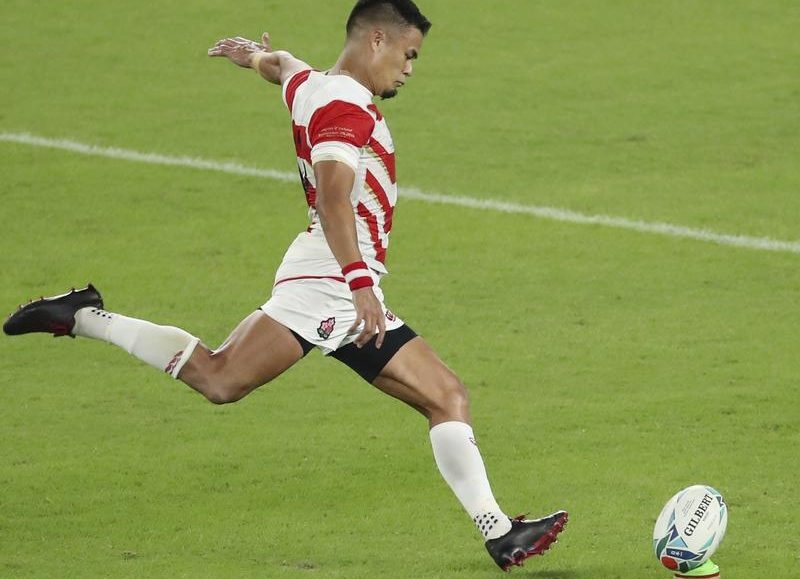
A mouth-watering Rugby World Cup quarter-final schedule should provide answers to one of the sport’s enduring questions.
Do teams get peak performance from a bye week or from regular games?
The unwelcome intrusion of typhoon Hagibis on the final weekend of pool play has created a glaring discrepancy in three of the quarter-finals.
Only the clash between the unbeaten hosts and South Africa in Tokyo pits two teams to have completed their allotment of four games.
Before that, Oita hosts England against Australia and France versus Wales, while three-time champions New Zealand face Ireland in Tokyo.
The English, French and All Blacks are all coming off final pool games that were cancelled by the atrocious weather.
Their respective opponents all played, setting up a debate over who drew the short straws.
There can be little conjecture over the world ranking system, with the eight top-rated teams filling out the playoff berths.
Interest will continue to centre on the Japanese fairytale although they will be the biggest outsiders in any of the four games, given their comparative lack of experience and size against the thunderous Boks.
Yet the seventh-ranked Brave Blossoms have defied expectations, thoroughly deserving of wins over Ireland and Scotland.
It leaves them among an elite clutch of unbeaten teams alongside top-three ranked powerhouses New Zealand, Wales and England.
Japan’s triumph over Scotland lowered the curtain on the pool phase in a blaze of excitement and poignancy, the match in Yokohama falling 24 hours after Hagibis had assaulted the host nation.
The other contender for best game was the All Blacks’ opening weekend heavyweight defeat of South Africa.
Wales’ wins over Australia and Fiji also captured the imagination while Uruguay were the minnows who punched above their weight best.
However, the 2019 pool phase will be most remembered for the mother nature’s destructive impact and the chaos it created for World Rugby.
The governing body’s decision to schedule the tournament in typhoon season stirred conjecture and its intransigent approach to dealing with affected matches was panned by many, although its safety-first approach also won admirers.
The upshot is an unprecedented imbalance in the knockout phase that will forever be marked with an asterisk.





